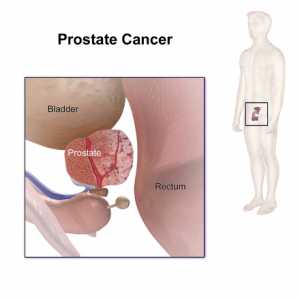Author Interviews, Cancer Research, Hormone Therapy, JAMA, Prostate Cancer, University of Pennsylvania / 15.07.2019
Prostate Cancer: Effects of Hormone Therapy on Cognitive Function Addressed in Large Study
MedicalResearch.com Interview with:
Ravi Jayadevappa, PhD, MS
Department of Medicine
Perelman School of Medicine
University of Pennsylvania
Philadelphia, PA 19104-2676
MedicalResearch.com: What is the background for this study?
Response: In the US, prostate cancer is the most commonly diagnosed non-skin cancer and the second leading cause of cancer death among men. Research shows that hormone therapy or ADT reduces the levels of male hormones in the body, called androgens, to stop them from stimulating cancer cells to grow., and thus is effective in reducing the spread and progression of prostate cancer.
At the same time, some research has suggested that decreasing androgen levels may increase the risk factors for Alzheimer’s and dementia, including loss of lean body mass, diabetes, cardiovascular disease, and depression. The ADT therapy may lead to impaired neuron growth and the regeneration of axons, thus affecting the cognitive function. Thus there is growing interest in the possible association between exposure to ADT and cognitive dysfunction.
Our study investigates the association between exposure to ADT and subsequent diagnosis of Alzheimer’s or dementia in elderly, fee-for-service Medicare enrollees using SEER-Medicare linked databases.
(more…)




